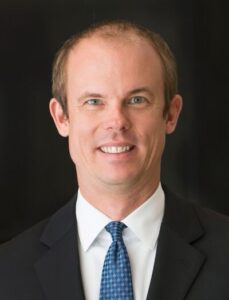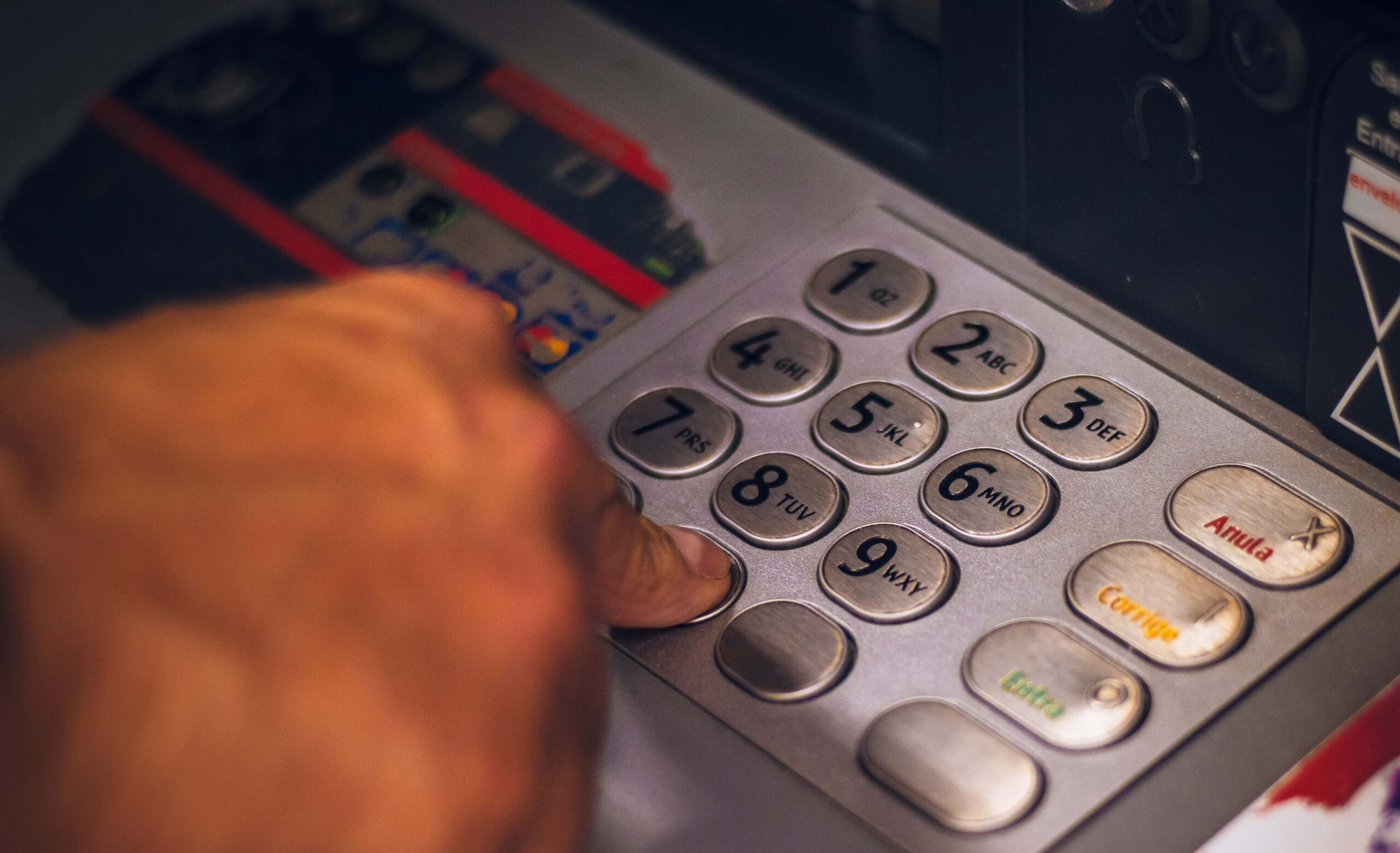
Why did this happen?
At the core, imprudent and reckless government monetary, fiscal and regulatory lead to macroeconomic imbalances. Some banks, such as SVB were caught in the rapid flux between low-interest rates and high-interest environments. They had made imprudent investment decisions that matched long-term investments with short-term deposits. It is a sad and often repeated tale of government excess leading to private sector excess. Here are eight things to consider that contributed to this perfect storm:
1. The US Government Federal Reserve maintained unprecedented monetary easing policies far too long after the financial crisis of 2008/09.
2. The US federal government engaged in massive fiscal stimulus since the COVID crisis.
3. The resulting flood of deposits into Silicon Valley Bank needed to be invested, but with interest rates so low, SVB sought to enhance yield by buying longer-term (10-year), federal treasury notes and federal mortgage-backed bonds with the idea of holding them to maturity.
4. Inflation rose dramatically in 2021/22 due to the prior points 1 and 2 above. In addition, regulatory actions by the current administration stifled domestic energy production. Rising energy prices were compounded by the war in Ukraine. The rising cost of fuel and fertilizer resulted in higher food prices so inflation became more widespread and embedded into economic expectations. This caused long term treasury and mortgage bond prices to fall.
5. SVB was unusual in that it provided specialized lending and banking services to fast-growing startups. These companies, particularly in the tech sector, often maintained large bank balances, from which they paid payroll, and other vendors.
6. As interest rates rose rapidly in 2022, the market for IPOs and startup financing slowed or dried up, resulting in more withdrawals of deposits, as companies utilized their cash on operations.
7. As deposits shrank, SVB tried to shore up their capital base by selling their long-term bonds and raising equity capital. They sold the bonds at a loss in the equity raise failed. That double loss caused speculation that the bank might be unstable, and a number of venture capital firms increase the probability of a run by recommending their portfolio companies to withdraw their deposits.
8. Beginning on Friday then over the weekend the FDIC and Federal Reserve stepped in to take over SVB and Signature Bank and expand insurance coverage for all depositors. So, the short-term crisis was averted, but the longer-term effect will be reduction of venture lending availability and reduction of the specialized banking services for startups, and a higher cost of banking services across the tech sector. Since SVB was not as well established in South Florida as in other areas of the country, our start-ups and the availability of venture debt and banking services will suffer, but not as much as in other areas of the country. However, we have hardly any banks who would do what SVB provided to smaller, less established companies, and after SVB’s lending policies are being examined, we will have even less support for our early, growth companies providing high-paying jobs, and their support of our local economy.
Are we less likely to see rate increases from the Fed now?
The bets on what will happen at the next Federal Reserve meeting have definitely changed. A 50 basis point rate hike seems to be off the table and more likely seems to be a 25 bp hike at the next meeting. Recent CPI data that came out today would support that. Odds of no rate hike are currently at about 20% despite the recent banking sector issues. Investors seem to believe the Federal Reserve will continue to move forward. The terminal rate expectation has moved down but as we move past the recent banking sector volatility, we could see a slight reset higher as the inflation battle takes front and center once again.
South Florida is full of regional banks and venture capital. How will our region be impacted?
The shut-down of SVB really put venture backed and earlier stage company clients at a huge disadvantage since their credit lines, as well as banking accounts, have been frozen in many cases, and thereby disabling their ability to effectively operate. These companies for the most part are not insolvent but rather have become illiquid for some time until further banking relationships have been established.
The early-stage companies in South Florida are the source of innovation and establishment of a technology center presence for South Florida. Hobbling their access to capital and liquidity for growth will hurt the image of South Florida from becoming the Silicon Valley of the East Coast and stifle the growth of our economy and high-paying jobs in our communities.
Further, the mistakes made by SVB will discourage other banks in our communities from extending credit and banking access to other early-stage companies which otherwise might becoming considered for such credit. The closure of Silicon Valley Bank (and the chilling demonstration effect for similar lenders) is likely to mean increasing difficulty for startups to raise venture debt (unsecured loans) and to enjoy the level of specialized, fast-response banking services that they had become accustomed to for more than three decades.
On July 21, 2010, President Barack Obama signed the Dodd-Frank Wall Street Reform and Consumer Protection Act, which, in part, permanently raises the current standard maximum deposit insurance amount to $250,000. Do you think we might see another raise, given that deposits of more than $250,000 in these failed banks will be guaranteed?
On the question of the $250k guarantee, our thoughts are that the FDIC will revisit and discuss the current $250k limit given what has happened but probably won’t raise or eliminate it just because of this situation. The limit was raised during the 2008 financial crisis and did calm the situation down within the banking system and has been an appropriate working limit the last 14 years. The FDIC should be involved to some extent but taxpayer intervention needs to be monitored and minimized as much as possible.














